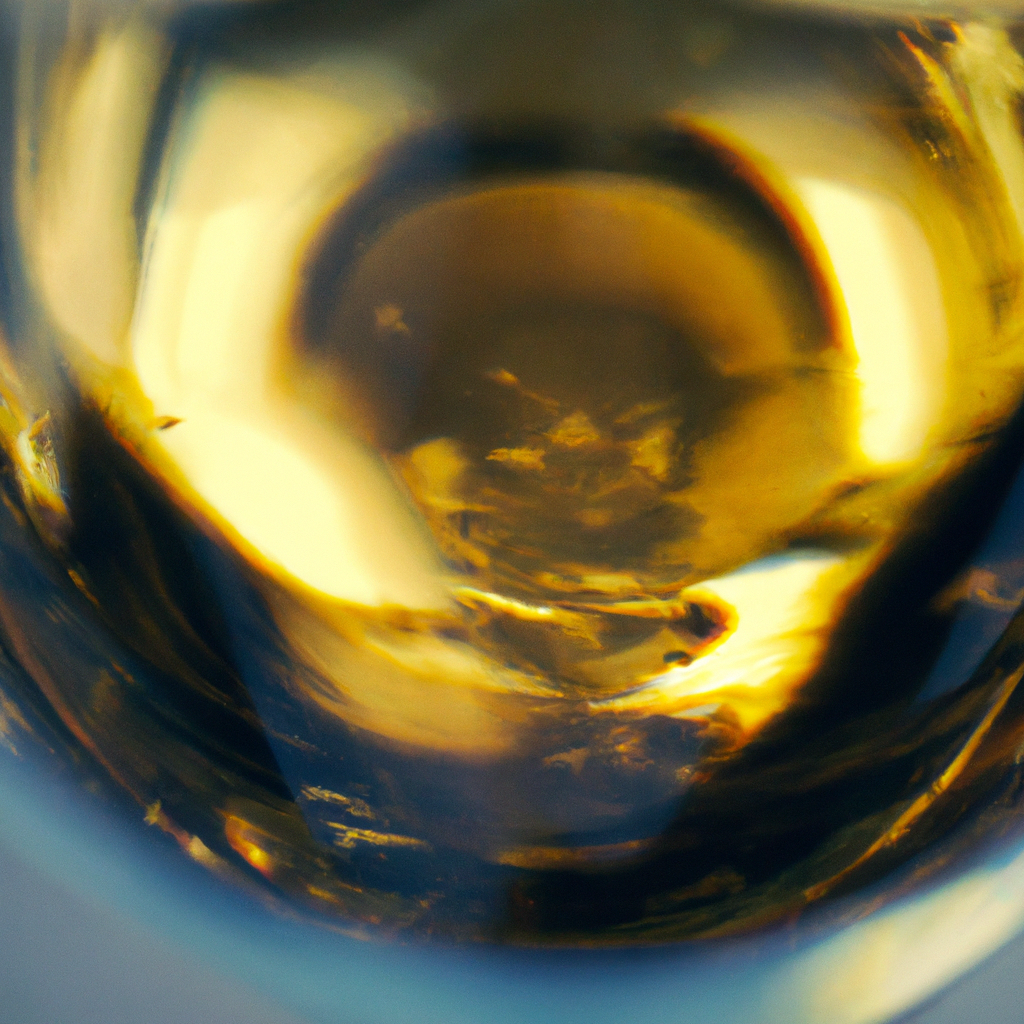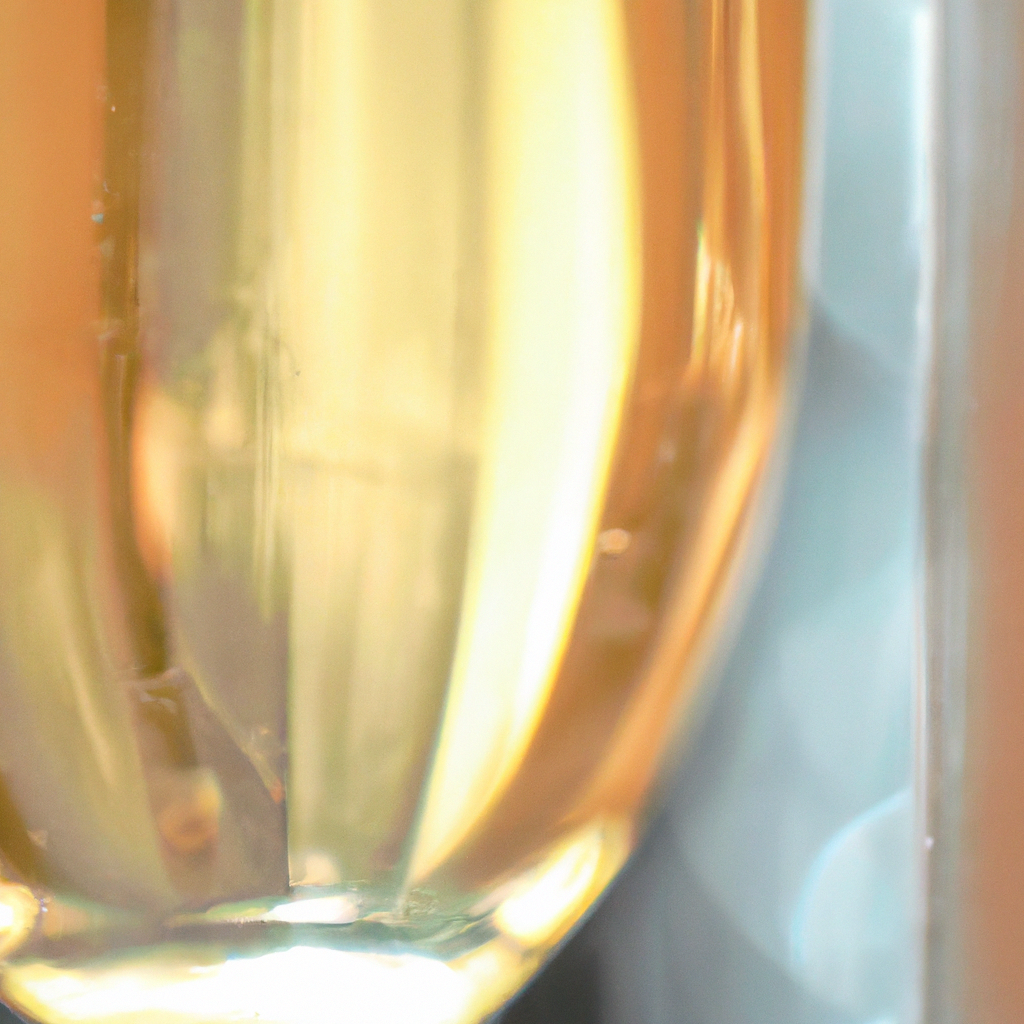
-
Article Summary
- Unveiling the Imperfections of Natural Wine
- Key Takeaways
- Introduction: The Natural Wine Phenomenon
- The Imperfections of Natural Wine
- FAQ Section
- What is natural wine?
- What are the main flaws of natural wine?
- Why is natural wine popular despite these flaws?
- How can I identify these flaws in natural wine?
- Are producers working to improve the quality of natural wines?
- Conclusion: The Imperfect Beauty of Natural Wine
- Revisiting the Key Takeaways
Unveiling the Imperfections of Natural Wine

[youtubomatic_search]
Key Takeaways
- Natural wine is not always perfect and can have several flaws due to its production process.
- These imperfections can include volatile acidity, mousiness, and Brettanomyces.
- Despite these flaws, natural wine is still popular due to its unique taste and organic production methods.
- Understanding these imperfections can help consumers make informed decisions about their wine choices.
- Producers are continuously working on improving the quality of natural wines.
Introduction: The Natural Wine Phenomenon
Natural wine, a term that has been gaining popularity in recent years, refers to wines made with minimal intervention, both in the vineyard and the winery. This means no chemical fertilizers, pesticides, or herbicides in the vineyard, and no added yeasts, sugars, or other additives in the winery. However, while the idea of natural wine may sound appealing, it is not without its flaws. This article aims to unveil the imperfections of natural wine and provide a balanced view of this trending beverage.
The Imperfections of Natural Wine
One of the main imperfections of natural wine is volatile acidity. This is a term used to describe the presence of acetic acid (vinegar) and ethyl acetate (nail polish remover) in wine. While a certain level of volatile acidity is acceptable and can even add complexity to a wine, too much can make the wine undrinkable.
Another common flaw in natural wine is mousiness. This off-flavor, which is often described as tasting like stale beer or wet cereal, is caused by the presence of certain bacteria in the wine. Mousiness is not detectable by smell and can only be tasted, making it a tricky flaw to identify.
Brettanomyces, or “Brett,” is a type of yeast that can cause off-flavors in wine. In small amounts, Brett can add complexity to a wine, but in larger amounts, it can overpower the wine’s fruit flavors and aromas, making it taste “barnyardy” or “horsey.”
Finally, natural wines can also be unstable due to the lack of added sulfites, which are used in conventional winemaking to prevent oxidation and bacterial growth. This can lead to wines that vary greatly in quality and taste from bottle to bottle.
FAQ Section
What is natural wine?
Natural wine is wine made with minimal intervention, both in the vineyard and the winery. This means no chemical fertilizers, pesticides, or herbicides in the vineyard, and no added yeasts, sugars, or other additives in the winery.
What are the main flaws of natural wine?
The main flaws of natural wine include volatile acidity, mousiness, Brettanomyces, and instability due to the lack of added sulfites.
Why is natural wine popular despite these flaws?
Natural wine is popular because of its unique taste and organic production methods. Many people also appreciate the idea of drinking wine that is closer to its natural state.
How can I identify these flaws in natural wine?
Some flaws, like volatile acidity and Brettanomyces, can be identified by smell and taste. Others, like mousiness, can only be tasted. If a wine tastes off or unpleasant, it may have one of these flaws.
Are producers working to improve the quality of natural wines?
Yes, many producers are continuously working on improving the quality of natural wines, both by refining their winemaking techniques and by using better quality grapes.
Conclusion: The Imperfect Beauty of Natural Wine
While natural wine may have its flaws, it also has its charms. Its unique taste, organic production methods, and the idea of drinking wine that is closer to its natural state have won it many fans. Understanding these imperfections can help consumers make informed decisions about their wine choices and appreciate the complexity and diversity of natural wines. As producers continue to refine their techniques, the quality of natural wines is likely to improve, making them an exciting area to watch in the world of wine.
Revisiting the Key Takeaways
- Natural wine, while appealing for its minimal intervention approach, can have several flaws including volatile acidity, mousiness, and Brettanomyces.
- These imperfections can affect the taste and quality of the wine, but many consumers still appreciate natural wine for its unique characteristics and organic production methods.
- Understanding these flaws can help consumers make more informed decisions about their wine choices.
- Despite these challenges, producers are continuously working to improve the quality of natural wines.
[youtubomatic_search]






